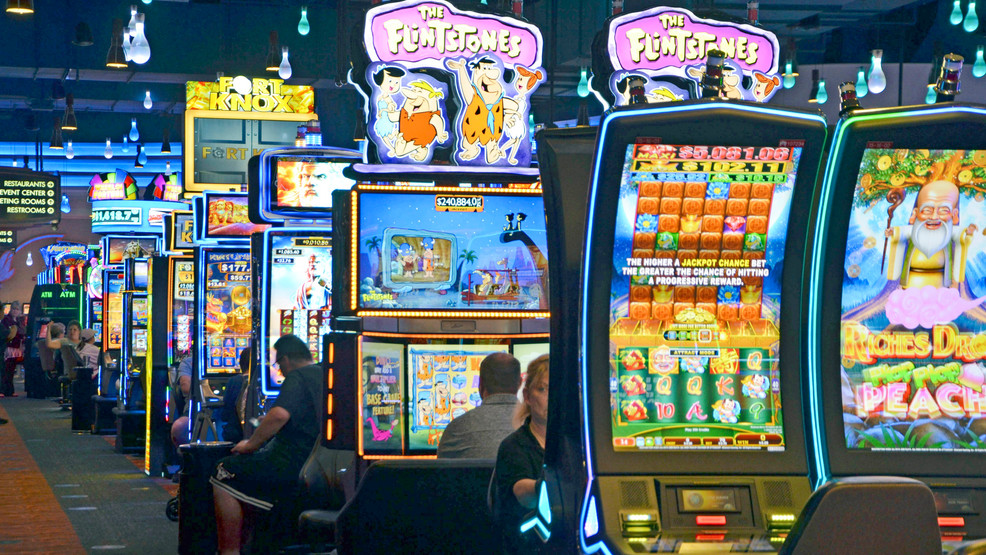
WASHINGTON (TND) — The world of gambling has expanded in recent years – moving beyond a hobby traditionally done in person.
33 states and Washington D.C. have a live legal sports betting market.
But with more accessibility, there are more concerns as children bypass restrictions to take part.
Some states are now working to have gambling education in public schools.
While details of what would be taught are still being worked out, parents and some students are raising concerns over the potential impact of gambling in their family’s lives.
This can really, really destroy a family in so many ways,” said parent Peter Mutabazi.
Whether on the phone, video games, or social media, gambling is everywhere.
Now, states are taking action.
Virginia enacted a law, requiring schools to have classes on gambling and its potential to be addictive.
Other states like New Jersey and Michigan are also trying to have such classes.
Even some former college athletes tell TND they had to undergo compliance training.
Pretty much telling us the dangers of betting online and why we’re not allowed to as Division I athletes, we’re not allowed to place any bets,” said Leo Sanchez. “I’ve had friends who spend upwards of thousands of dollars in like a chance game pretty much.
According to the National Institutes of Health, research in the U.S., Canada, and internationally suggests about 80% of adolescents have participated in some form of gambling, between 4 to 8% of youth between the ages of 12 and 17 have a very serious gambling problem, and another 10 to 15%, researchers say, are at-risk for developing a gambling problem.
“You don’t smell it, people don’t stumble around like gambling, they don’t slur their words, they don’t nod out, burn holes in their clothes cuz of gambling, and yet I’ve had people in my office who had lost $60,000 in an afternoon,” said Manager of Gambling Treatment and Prevention at Zepf Center Steven Kapela.
A problem that spans generations, the legal gambling age in many states is 21, but could be 18, depending on where you are.
The American Gaming Association recently adopted a marketing code to ensure gambling ads don’t show up in places largely seen by kids, but some parents still fear the new ways children are gaining access by using parents’ accounts or phones.
To imagine that my kid could be gambling, and I have no idea that really worries me on how far they can go,” said Mutabazi.
The National Council on Problem Gambling encourages parents to have conversations with their children, explain what gambling problems are, and the consequences.